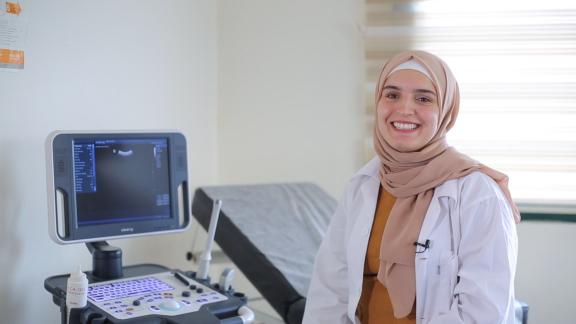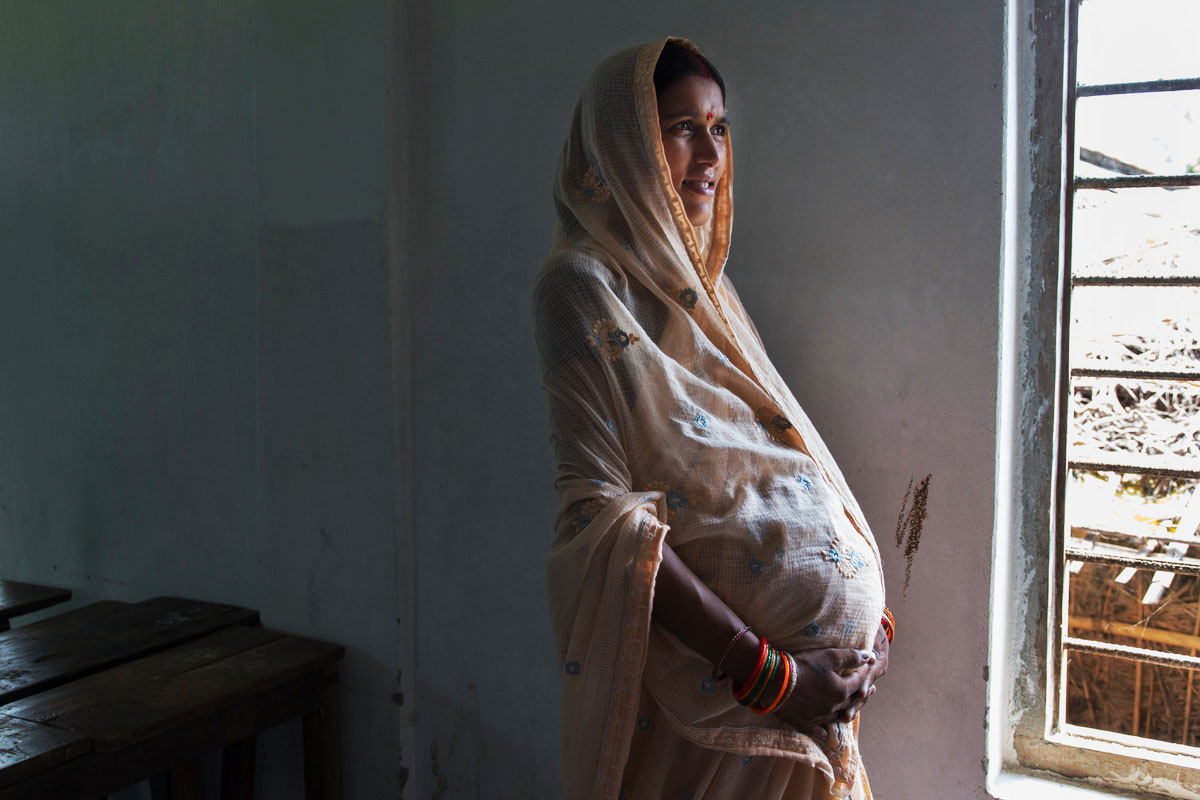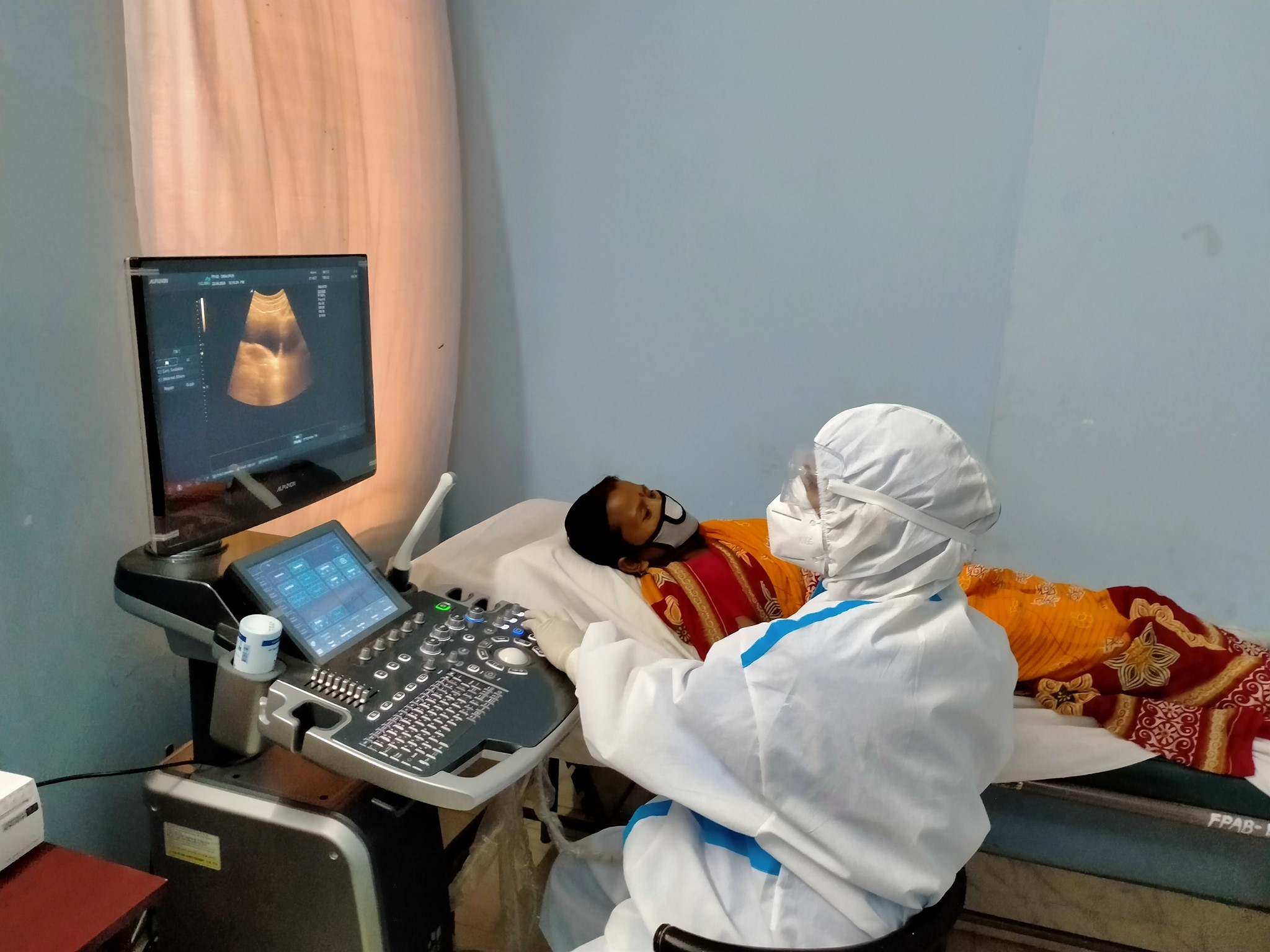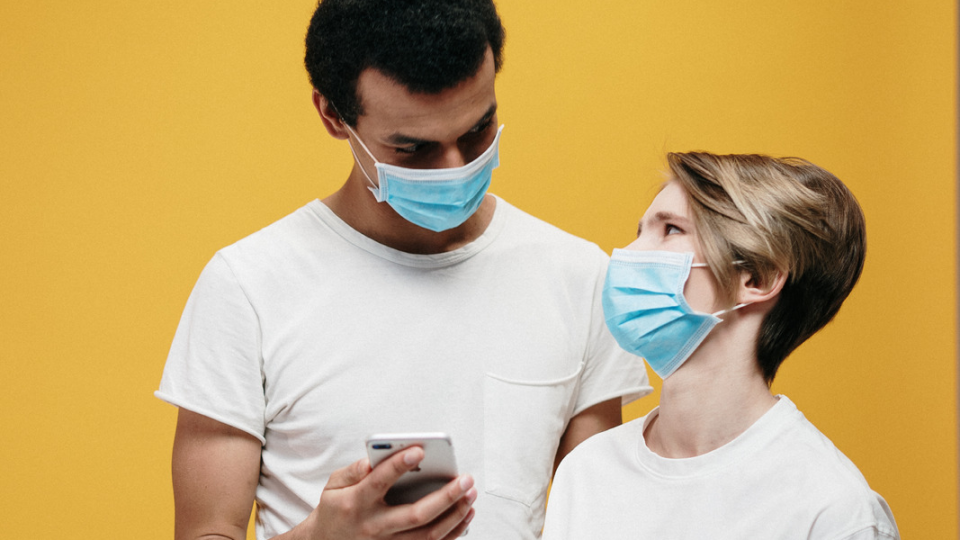An interview with Malak Dirani, a midwife at the Lebanese Association for Family Health (SALAMA) on the impact COVID-19 is having on the services she provides to vulnerable communities including Syrian refugees.
What is your role at SALAMA?
I am a midwife and trainer with the Order of Midwife in Lebanon for family planning so I provide a range of services, including:
- Pre-natal and post-natal care for pregnant women
- Gynaecological services
- Providing VCT (Voluntary Counseling Test) for HIV with counseling pre and post-test
- Providing family planning services such as IUDs, contraceptive pills, emergency pills and condoms, as well as family planning and unsafe abortion counseling.
How has your job been impacted by the outbreak of coronavirus/COVID-19?
Before the coronavirus crisis, I was conducting fields visits with social workers and volunteers once or twice a week. We would provide family planning services, gender-based violence (GBV) counseling, and providing awareness sessions on different sexual and reproductive health topics. Unfortunately, all outreach visits to field have now had to stop.
Due to the current situation and the risk of spreading of COVID-19, we have been forced to reduce our activities and services, and to reduce the number of clients we can receive.
For any client that does visit our clinics, they must follow the strict prevention and hygiene protocols before they enter. We also deliver small group information sessions with clients on coronavirus, what they can do to protect themselves, and advice on what to do if they have symptoms.
In the long-term, how do you think coronavirus/COVID-19 will impact sexual and reproductive health on a national and global scale?
The immediate impacts of coronavirus on the communities we serve in the refugee camps are:
- An increased risk of malnutrition
- The number of unintended pregnancies will increase
- Communities that are living in camps are not protected from contracting COVID-19. Most tents contain at least six people, so coronavirus can very quickly spread through the camp if someone catches it
- The majority of people in the camps are unemployed, so they have no way of securing even their basic needs.
I think the long-term impact will be contraceptive supplies and the impact this will have on women. In Lebanon, we import all family planning methods, even condoms. Now airports are closed, those commodities are less available. Countries that produce family planning methods are some of the most affected ones by COVID-19 (such as India and China), so we will face a lack of these on a global scale, which will lead to an increase the number of unintended pregnancies and unsafe abortion.
Do you have a message you’d like to share with other frontline healthcare workers who continue to deliver care during the COVID-19 pandemic?
My message to healthcare workers across the world is that we are always here for people to secure their health rights. We are on the frontline, we were always the one who people trust! We are the nation's guiding light during this difficult time, so we can, with our efforts and power support patients, overcome this crisis, and save lives.
when
country
Lebanon
Subject
Emergencies
Related Member Association
Lebanese Association for Family Health











